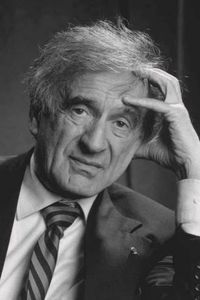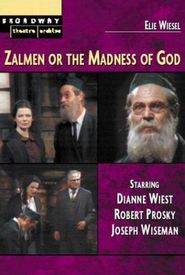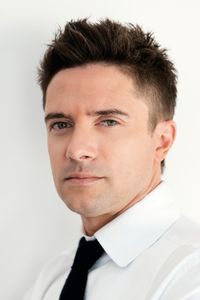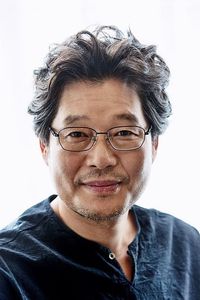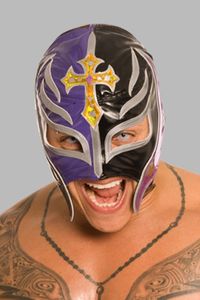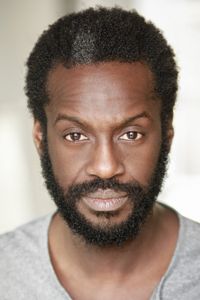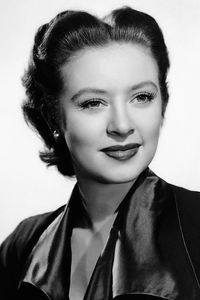Eliezer Wiesel, born on September 30, 1928, was a renowned Romanian-born American writer, professor, political activist, Nobel laureate, and Holocaust survivor. He penned 57 books, primarily in French and English, with his most notable work being "Night," a memoir based on his experiences as a Jewish prisoner in Auschwitz and Buchenwald concentration camps.
Wiesel held a professorship in the humanities at Boston University, which honored him by establishing the Elie Wiesel Center for Jewish Studies. He was deeply involved in Jewish and human rights causes, playing a crucial role in the establishment of the United States Holocaust Memorial Museum in Washington, D.C. His political activism extended to campaigns for oppressed groups in various regions, including South Africa, Nicaragua, Kosovo, and Sudan. Wiesel publicly condemned the 1915 Armenian genocide and remained a steadfast defender of human rights throughout his life.
He was awarded the Nobel Peace Prize in 1986, with the Norwegian Nobel Committee describing him as "a messenger to mankind." The committee recognized Wiesel's work in coming to terms with his own experiences in the Holocaust and his commitment to human rights, as well as his "practical work in the cause of peace." Wiesel's Nobel Prize was seen as a testament to his message of peace, atonement, and human dignity.
Wiesel was a founding board member of the New York Human Rights Foundation and remained actively involved throughout his life. He was also a prominent figure in various international organizations and was recognized for his tireless efforts to promote human rights and social justice.
Born in Sighet, Romania, Wiesel's family spoke Yiddish at home, as well as German, Hungarian, and Romanian. His parents, Sarah Feig and Shlomo Wiesel, instilled in him a strong sense of humanism, encouraging him to learn Hebrew and read literature. Wiesel's father, Shlomo, represented reason, while his mother, Sarah, promoted faith.
Wiesel's genealogy traced back to Rabbi Schlomo Yitzhaki (Rashi),and he was a descendant of Rabbi Yeshayahu ben Abraham Horovitz ha-Levi. He had three siblings, Beatrice, Hilda, and Tzipora, with Beatrice and Hilda surviving the war and eventually emigrating to North America. Tzipora, Shlomo, and Sarah did not survive the Holocaust.
